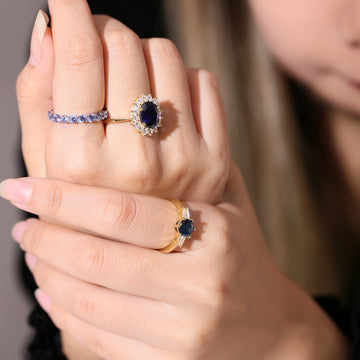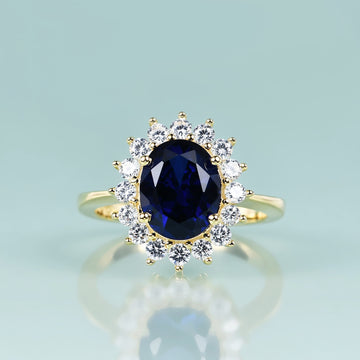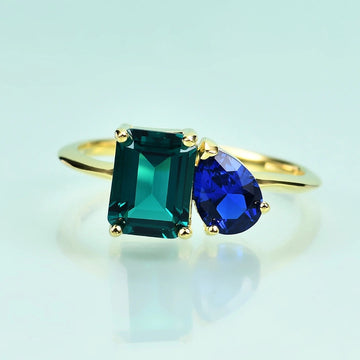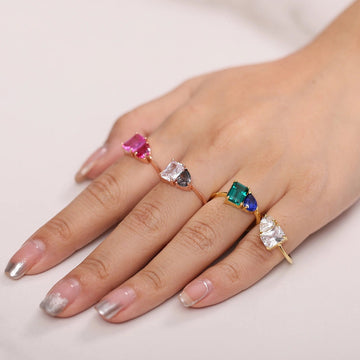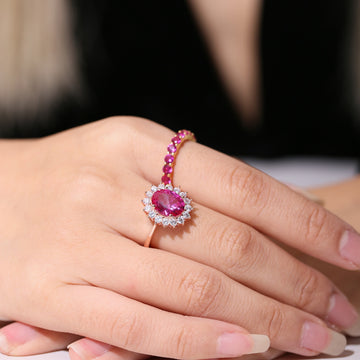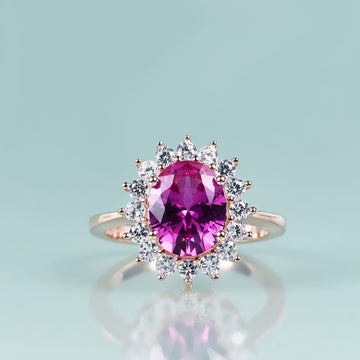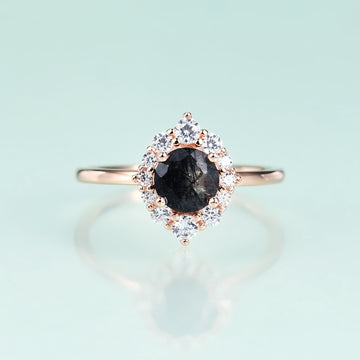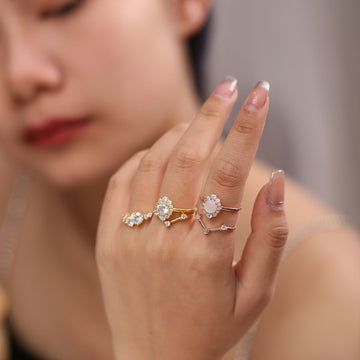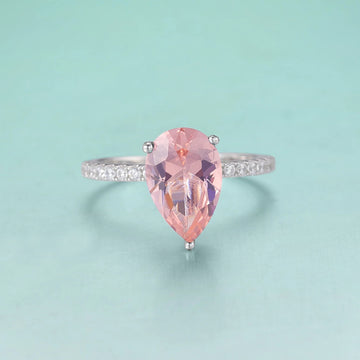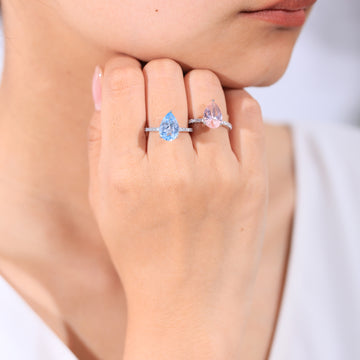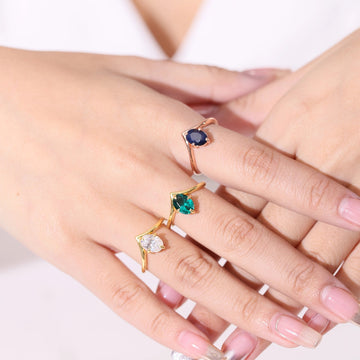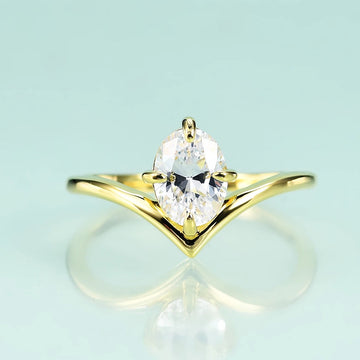Turquoise, with its captivating shades of blue and green, has long captured the hearts of civilizations throughout history. Beyond its undeniable aesthetic appeal, this gemstone holds a storied past that spans centuries and continents. Turquoise Network invites us to a journey through time to uncover the fascinating history of turquoise – a gemstone cherished for its beauty and cultural significance.

Ancient Origins
The history of turquoise dates back thousands of years, with its earliest known use traced to ancient civilizations such as the Egyptians, Persians, Asians, and Native Americans. The Egyptian pharaohs adorned themselves with turquoise jewelry, believing it to possess protective and healing qualities. In Persia (modern-day Iran), turquoise was highly prized, symbolizing prosperity and wealth.
Native American Reverence
Turquoise holds profound significance in Native American cultures, where it is considered a sacred stone with deep spiritual connections. Native tribes across the Americas, including the Navajo, Zuni, and Pueblo people, incorporated turquoise into jewelry, amulets, and ceremonial objects. To these cultures, turquoise represented protection, communication, and harmony with the natural world.
Silk Road Influence
The allure of turquoise spread along the Silk Road, the ancient trade route connecting East and West. Turquoise became a sought-after commodity in places like the Far East, Persia, and the Ottoman Empire (modern-day Turkey). The gemstone's journey along these routes facilitated cultural exchange and influenced jewelry-making techniques across diverse societies.
Mesoamerican Treasures
In the Americas, the Aztecs and Mayans held turquoise in high regard. It adorned the masks of Aztec rulers and was used to create intricate mosaics in Mayan architecture. These civilizations prized turquoise for its association with the sky and water, considering it a link between the earthly and divine realms.
Renaissance Resurgence
During the Renaissance in Europe, turquoise experienced a resurgence in popularity. European royalty and aristocracy sought this gemstone for its unique color and cultural allure. It was often used in elaborate jewelry designs that reflected the opulence of the era.
Turquoise Today
Turquoise remains a beloved gemstone in modern jewelry design, appreciated for its vibrant color and cultural legacy. Contemporary artisans worldwide, whether in the American Southwest or Asia, continue to experiment with creative ways to incorporate turquoise into their jewelry.
Whether you're drawn to its historical significance, spiritual resonance, or simply its breathtaking beauty, turquoise continues to be a gemstone that bridges cultures and eras. Its ability to transcend time and captivate hearts is a testament to the enduring allure of this cherished gemstone.
Symbolism and Healing
Beyond its aesthetic appeal, turquoise has been attributed with various metaphysical properties. Many believe it promotes emotional well-being, clear communication, and protection from negative energies. Its calming hue is said to soothe the mind and aid in meditation.
Mining and Sustainability
Turquoise is mined from various locations worldwide, including the United States, Mexico, Iran, China, and Egypt. However, concerns have arisen regarding sustainable mining practices in some regions due to over-mining and inadequate environmental regulations. Ethical sourcing and responsible mining practices are increasingly emphasized to ensure the preservation of both the gemstone and the communities that depend on it.
In summary, the history of turquoise is a tapestry woven with threads of culture, spirituality, and beauty. From ancient civilizations to modern jewelry studios, turquoise's journey reflects humanity's fascination with the natural world and its treasures. As we admire a piece of turquoise jewelry today, we connect with a legacy that spans continents and ages, reminding us of the shared appreciation for the remarkable gemstone that is turquoise.
Information provided by Turquoise Network.









